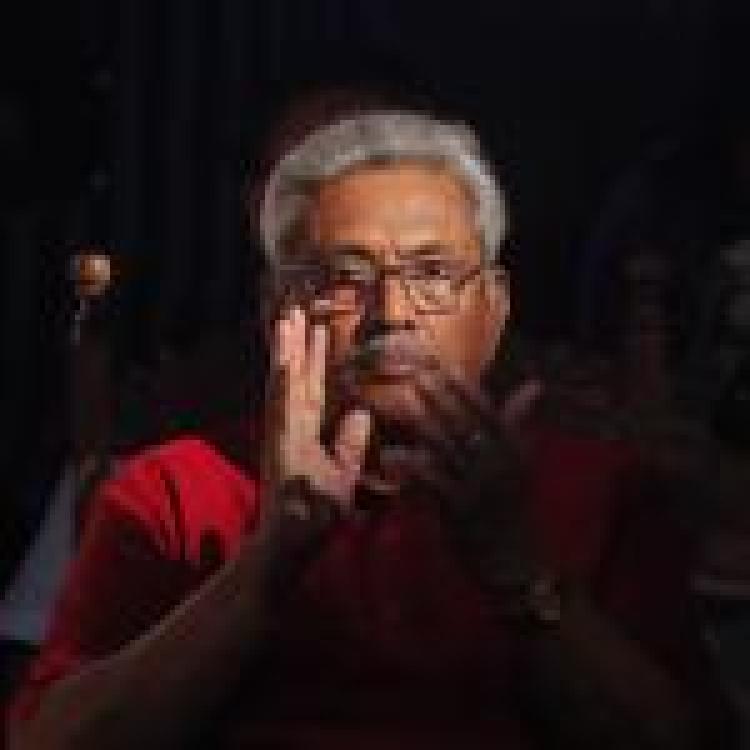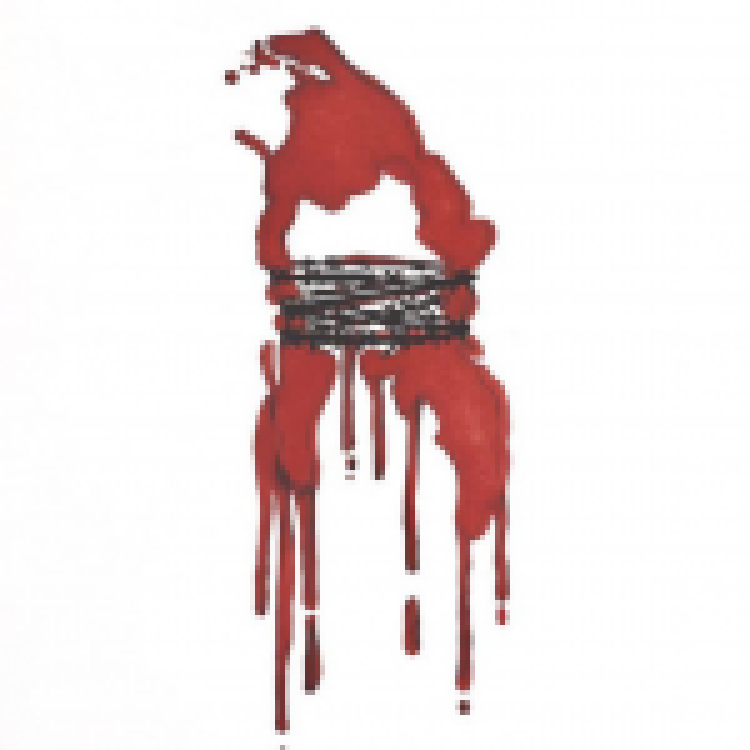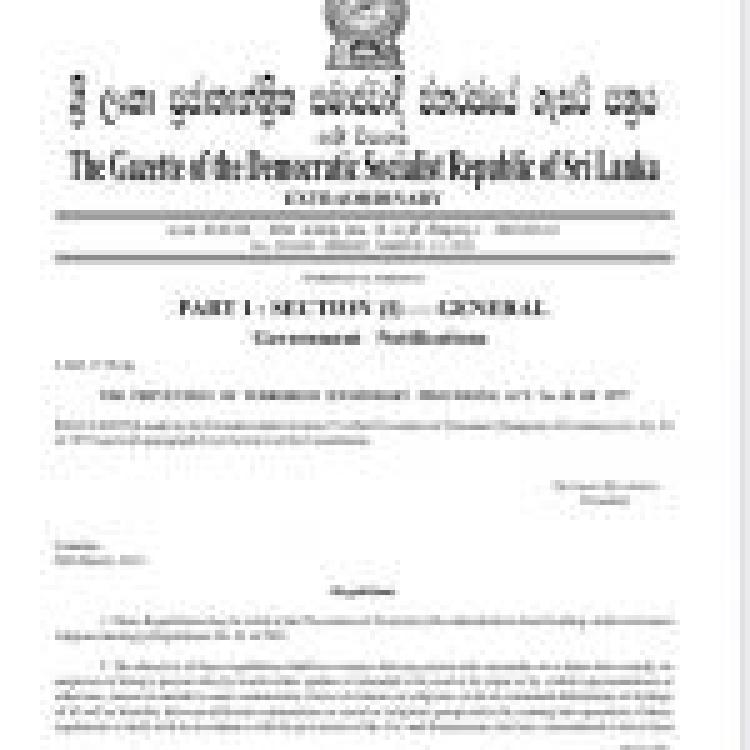A Fundamental Rights petition has been filed by Sri Lanka's former Human Rights Commissioner, Ambika Satkunanathan, in the Supreme Court against the expansion of the Prevention of Terrorism Act (PTA), which permit the state to "de-radicalise" and "rehabilitate" individuals who hold "violent extremist ideology".
The bill, which was originally enacted in 1979, has predominately used against Tamils and has been linked to enforced disappearances and torture. Amongst other controversial provisions, the regulations permit persons other than police officers to arrest individuals and to detain them for up to 24 hours prior to handing such individuals over to the police. Furthermore, President Gotabaya Rajapaksa, who also serves as the Minister of Defence, will oversee the 'rehabilitation process and will have the power to either order the release of the detainee or extend the process of the rehabilitation.
In her petition, Ms Satkunanathan described the issuing of the regulations as amount to a violation of the Sri Lankan Constitution. She labelled them as being ‘arbitrary, capricious, irrational, disproportionate and/or ultra vires the powers of the Respondents [The Attorney General, Secretary to the Ministry of Defence and Commissioner General of Rehabilitation]’.
She compared the present regulations to the state’s previous attempt to enact such rules, which were later found to violate international human rights laws. Her criticisms include that the broad legislation has the potential to infringe on a person’s fundamental rights, such as freedom of speech and expression, assembly & association as well freedom of thought, which are contrary to both, the Constitution and international standards on human rights.
The petition further cites the Report of the Special Rapporteur on the promotion and protection of human rights and fundamental freedoms while countering terrorism (2020) which raises concerns over the ‘the lack of empirical data to support the assumption that religious ideology supports terrorism’ and acknowledges the “chilling effect that regulatory mechanisms can have especially when there is insufficient judicial oversight”.








